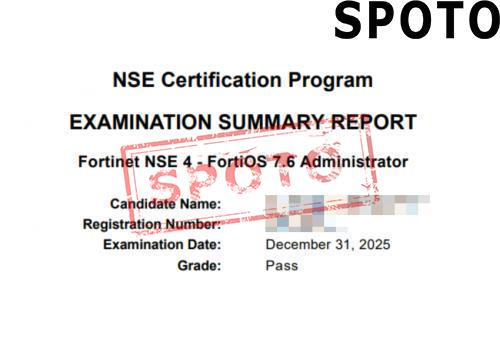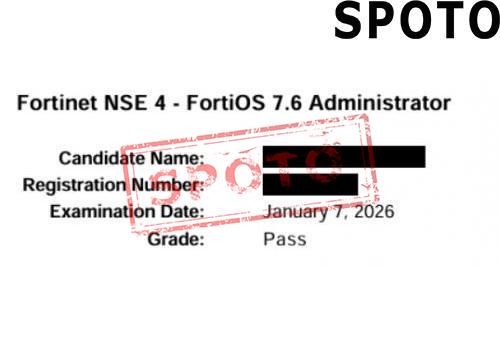
Table of Contents
Some of us focus on the broader vision of how networks drive organizational success and enable seamless global operations, while others delve into the intricate details of infrastructure design, protocol optimization, and data flow management. Senior network architects must master both perspectives as they craft cutting-edge network systems that power enterprises, governments, and industries.
1. What is a Senior Network Architect?
A senior network architect is a professional role within the IT industry. They are responsible for designing, implementing, and overseeing the network infrastructure of an organization, whether it's a large multinational corporation, a growing startup, or a government agency. This involves much more than just setting up routers and switches.
Senior network architects need to understand the big picture of an organization's operations and how the network can enable its goals. For example, in a global e-commerce company, they would design a network that can handle high traffic during peak shopping seasons, ensure secure data transfer for customer transactions, and support seamless communication between different departments and offices around the world.
They determine the layout of cables, wireless access points, and other network components, both within a single building and across wide-area networks that span cities or even countries. They also stay updated on the latest networking technologies and trends, such as 5G, software-defined networking (SDN), and network function virtualization (NFV), and decide which ones to adopt to improve the organization's network performance, scalability, and security.
2. How to Become a Senior Network Architect?
Becoming a senior network architect requires a combination of education, experience, skills, and certifications.
Educational Foundation
Most senior network architects hold a bachelor's degree in computer science, information systems, engineering, or a related field. Some may even have a master's degree or higher. These programs provide a solid foundation in networking concepts, computer systems, and problem-solving.
Essential Work Experience
Gaining relevant work experience is crucial. Many start as network engineers or network administrators. In these entry-level positions, they learn the ropes of network installation, configuration, and troubleshooting. With time, they progress to more complex tasks, such as designing small-to-medium-sized network architectures. Typically, it takes several years of hands-on experience in network design, implementation, and maintenance to be considered for a senior role.
Required Technical and Soft Skills
Technical Skills: Proficiency in a wide range of networking technologies is essential. This includes knowledge of cloud computing platforms like AWS, Azure, and Google Cloud. Understanding how to design cloud-based network architectures that are scalable and secure is a must.
Soft Skills: Strong analytical skills are needed to diagnose complex network issues. Good communication skills are vital, as senior network architects often need to explain technical concepts to non-technical stakeholders. Problem-solving skills are also crucial for quickly resolving network problems that arise.
Key Certifications for Advancement
Certifications can significantly boost your chances of becoming a senior network architect. One such important certification is the Aruba HPE7-A03 (Aruba Certified Campus Access Architect Exam). This certification focuses on designing advanced campus network architectures using Aruba solutions. Passing this exam demonstrates your expertise in designing and implementing Aruba-based network solutions, which can be a great asset in the job market.
However, it's important to note that while the HPE7-A03 is a valuable credential, especially for those interested in Aruba-centric network architectures, it may not be the only ticket to becoming a senior network architect. Other widely recognized certifications include Cisco's CCIE (Cisco Certified Internetwork Expert) in various tracks like wireless, security, or data center. Microsoft's Azure Solutions Architect Expert certification is also highly regarded for those focused on Azure-based network designs in cloud-integrated environments.
3. Why become a senior network architect?
Senior Network Architect Salary Increase
The rewards for becoming a senior network architect are substantial, starting with the salary. According to Glassdoor, the average total pay for a senior network architect in the United States is in the range of 141,000−192,000 per year. This high salary is a reflection of the level of expertise and responsibility associated with the role.
Senior Network Architect Job Outlook
The job outlook for senior network architects is very positive. With the continuous growth of digital transformation across all industries, the demand for skilled network architects is on the rise. Whether it's a financial institution looking to upgrade its network for better security and faster transaction processing, a healthcare provider aiming to improve telemedicine services, or a manufacturing company implementing the Internet of Things (IoT) on its factory floor, all need senior network architects to design the underlying network infrastructure.
Related Jobs:
- Network Engineer
- Security Architect
- Software Architect
- Cloud Network Architect
4. Conclusion
In conclusion, a career as a senior network architect offers a challenging and rewarding path in the technology industry. It requires a combination of educational background, hands-on experience, a diverse set of skills, and relevant certifications. The high salary, positive job outlook, and potential for career progression make it an attractive option for those with a passion for networking and a desire to make a significant impact on an organization's technological backbone.










